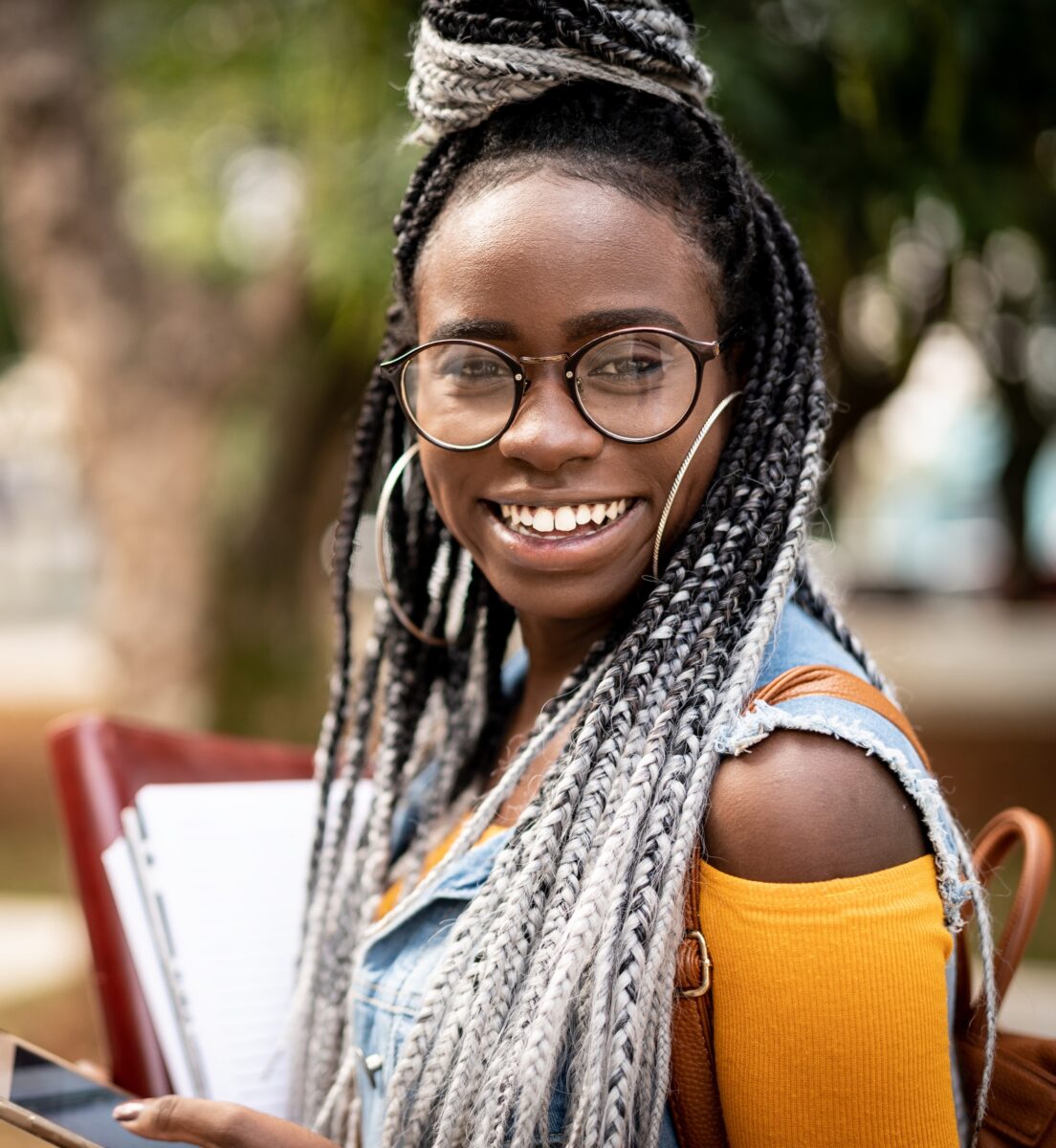
When we first met “Zoey,” she was a tenth grader struggling with a challenging home life. She was in constant conflict with her mother, who offered no guidance or boundaries and would kick her out. To escape this situation, Zoey would frequently run away. She would stay out all night with a group of teens that would hang out, joke around, smoke weed, and occasionally break into a car for money or a ride. This resulted in several arrests for Zoey.
When she attended school, Zoey’s performance was inconsistent. She frequently used marijuana to self-medicate for depression. She was angry, lonely, and felt she had nowhere to turn and no one to rely on. Ultimately, Zoey had been forced to grow up too quickly and had convinced herself that she didn’t need anyone else.
Zoey had already been failed many times in her young life: by her family, by her school, and by the legal system. Over the past two years she had been arrested and incarcerated multiple times for non-violent offenses. She was even jailed when she ran away from home. Every time she was jailed, she fell behind in school, lost her job, and had her phone confiscated. And when she would get released, she had to return to the same fractious environment that was at the root of her struggles.
It seemed clear to Zoey’s LCCR team that if her home life improved, she would likely stop getting in trouble. Unfortunately, rather than address her clear need for support, Juvenile Court opted to send her to juvenile prison.
Zoey’s time in prison was stunting her mental maturity while offering little in the way of rehabilitation. She struggled to break free from the vicious cycle of arrest and incarceration. The turning point for Zoey’s journey was when she ran away from home; she found herself downtown at night with no way to get back safely. Having worked with her LCCR team enough to build some trust, she called her youth advocate, Cherrice, for help.
Cherrice arranged transportation for her to get home safely. Even though Zoey had made a mistake in running away again, the experience was the first time she realized she could actually trust an adult for help. This helped her feel safe to ask her LCCR team for further assistance.
We first set about working to get Zoey into a safer home environment. We found an aunt who loved and supported her and was willing to take her in. We then facilitated family counseling so that she could learn to trust her aunt and follow her rules at home. Unfortunately, Zoey hit a roadblock when her mother withheld vital documents. Zoey’s LCCR social worker, Tony, went with her to the DMV to get her documents replaced–something she would have struggled to do on her own. Now living in a more supportive environment, Zoey stopped using marijuana. We then got her into a new school that offered transportation. With that, her attendance immediately began to improve.
Despite all of the above challenges, Zoey graduated high school on time this past May. She is now participating in a community college program and hopes to eventually attend a four-year university. With LCCR’s help, she got a job as a restaurant hostess and is now saving for her own car. Her life goal is to one day own her own salon. Notably, she has not been rearrested in over a year.
Zoey has changed and matured so much throughout the few years LCCR has worked with her. Without dedicated advocacy, children just like Zoey are forced to endure the trauma of the legal system without addressing the root causes of their struggles. Seeing past her struggles, we recognized Zoey to be a confident, driven girl. It was clear that all she needed was a little kindness, understanding, and guidance to succeed—just like every teen.